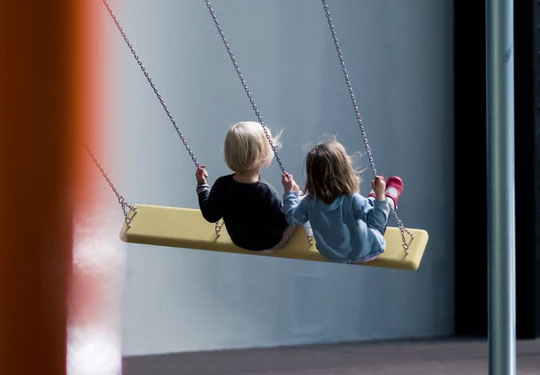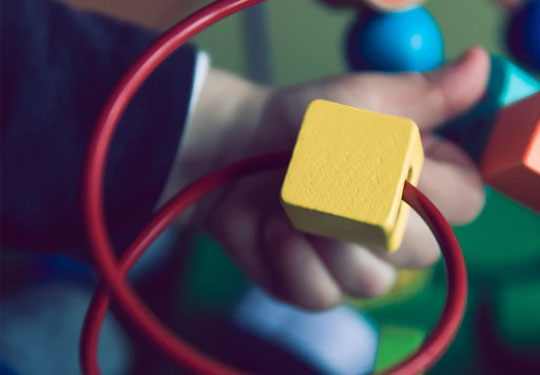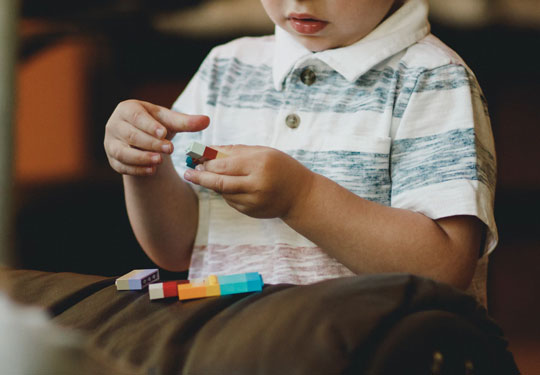
Early Childhood Development
Research is showing more and more that the most critical time in a child’s development is within their first 1000 days. During the first few years of a child’s life, the brain is ripe and ready to be moulded and optimised for ideal functioning in our modern world. We often talk about how small children are like “sponges” and in neurocognitive terms this means that new neural pathways are forming all the time, on exposure to anything and everything! This is such an exciting developmental time for a child and I am passionate about optimising the development of young minds and giving them the “Head Start” they deserve in this world!
However, not only are these years critical to stimulate and develop, but if a child is at risk of developmental or learning difficulties, or indeed, is showing some early signs of difficulty, the first 4 years of life can be critical for early intervention where the therapies available after a good diagnostic assessment can make a truly impactful difference. In order to address these most critical years, I offer a number of services to children between the ages of 0 and 4 and their parents:

Developmental Assessment
Depending on the age and communication ability of the child a developmental assessment looks broadly at the areas below, assessing some and screening in others in varying depth:
- Cognitive functioning
- Attention and Executive Functioning
- Emotional Development and Wellbeing
- Social Development and Wellbeing
- Motor Function (screening)
- Language Development (Broad assessment and screening)
- Speech (screening)
- Sensory Processing (screening)
A broad picture of a child’s developmental levels, strengths and weaknesses and well as their developmental environment can inform interventions for home, school or play therapy (below), as well as referrals to other professionals for more in depth assessment as needed.

Play Therapy and Parental Guidance
Unlike adults and older children, young children have not yet developed the ability to verbalise their emotions and experiences. So, where we as adults would talk in order to try and understand our feelings and experiences, children use play. They use their play to act out fantasies and experiences in life that confuse or overwhelm them. For this reason, when a child is struggling behaviourally, socially, psychologically or emotionally, we might engage in play therapy as a means of facilitating inner emotional healing and re-enabling their natural self-development. This process is vital in bolstering the child’s resilience to adversity. Play therapy at this age involes the use of a variety of carefully selected toys and the building of a caring relationship between child and therapist.
If your child is struggling with any of the following – they may benefit from a developmental assessment and potentially therapy:
- Behavioural difficulties (misbehaviour, acting out, tantrums)
- Emotionality (e.g. excessive crying, clinginess)
- Anxiety
- Anger or outbursts
- Bullying (either being bullied or bullying)
- Victim of abuse, either physical or sexual
- Any noticeable, unusual changes in behaviour or emotional expression may indicate emotional problems
- Divorce/separation
- Bereavement
- Trauma (e.g. crime or accidents)
The following links provide reliable, useful information on play therapy which may assist you in deciding whether or not your child might require assistance.
http://www.playtherapyaustralia.com/what-is-play-therapy.html
https://cpt.unt.edu/about-play-therapy/what-is-play-therapy/

Talks and Workshops
Although much of what I do involves assisting children who are having difficulties, ever since having children of my own I have become passionate about thinking and advising around how to optimally develop children’s minds across the board to give them a profound “Head Start” in life in general. In many respects, my strategies tend toward the “less is more” philosophy which drives me to help parents learn how to harness the power of very simple activities and opportunities to give their children the Head Start they need.
As such, I can offer one-one session advising around various issues, but I also provide talks and workshops in the following:
Talks
- General Early Childhood Development –Neural pathways and how to get them firing!
- What do I actually need in my child’s toy box?
- Types of Play – the most important activity your child can engage in.
- Teachable Moments: Capitalising on the boring day-to-day
- Pre-School Readiness – Foundations for Reading
- Pre-School Readiness – Foundations for Maths
Workshops
Introductory Early Childhood Development for Caregivers/Nannies
